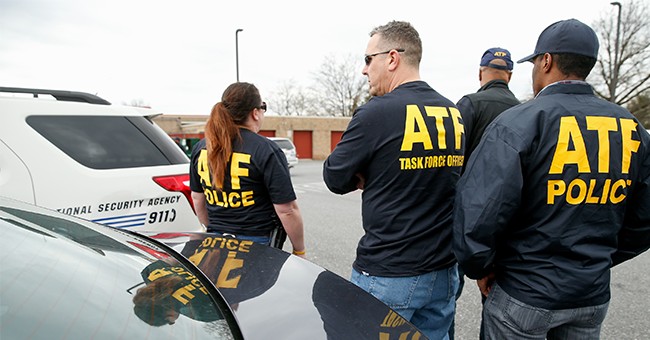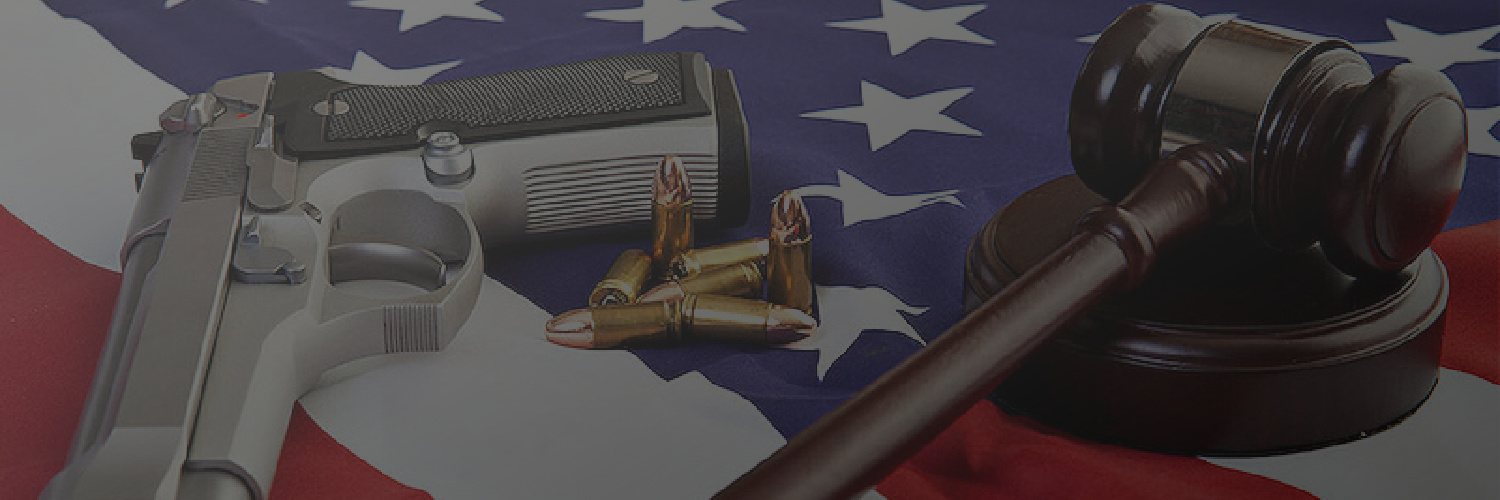BritKLR
Kapitis Indagatoris
There is a grace period - once you've filed you are good to go. Now, if they come back with a rejection, you've supplied the address you reside and where the weapon is being held. The ATF has said that at that point they would come seize your firearm.
Ok...... I just have to say, hopefully when people filled out their original form 4 to purchase these Brace guns they listed their correct address and information and if they proceed with this Brace grace period, they will also use their correct info because if not, they will be opening a whole other problem of filing a false form 4 (federal crime).
NOW, I understand NO ONE is suggesting not using their correct address on these forms, they are just saying YOU are now giving the Government your current address........but, this is just gaslighting and spinning things up with no real basis since......
Has anyone ever used open source/pay to play systems like LexisNexis or similar? Or, closed, secure, LE only systems like NCIC, ALERT, EPIC, DMV, Etc....or closed, secure, Fed Agency only systems like the ATF, Marshals, IRS, FBI, DEA, USSS, DOD, etc...use daily? If an investigation was opened (key point) they will literally do a dump from all these data bases so, they already know your current and correct address before you put it on the form.
Just FYI. FWIW and not legal advice.
Last edited:



